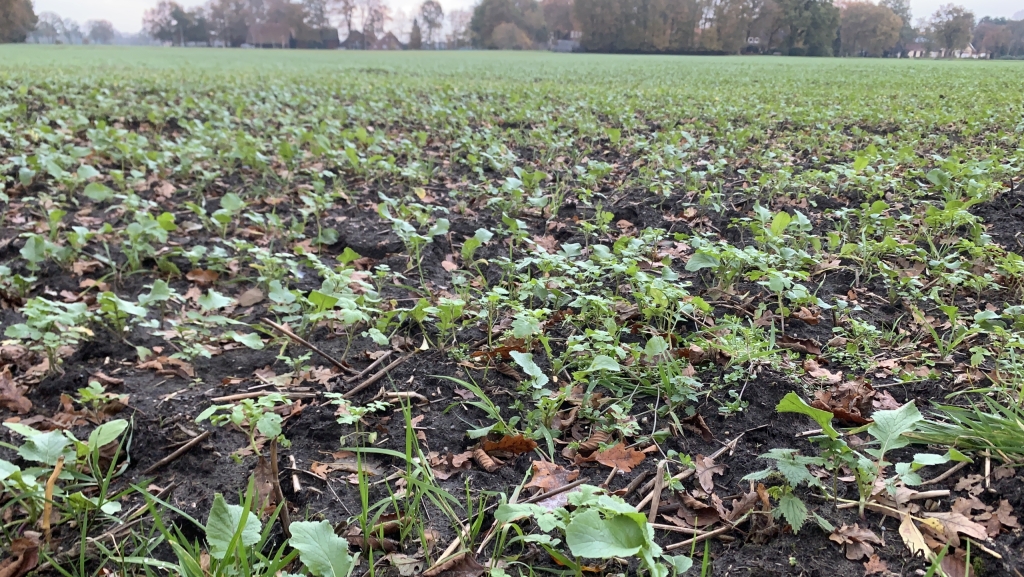In November of last year (2023) ORC, in collaboration with NIAB and Agri-TechE, was asked by a group of funders linked to the Sainsbury’s Family (Aurora Trust, The Mark Leonard Trust and the Gatsby Charitable Foundation) to conduct a Rapid Evidence Assessment to map UK crop science research with a Regenerative Agriculture focus. While ‘rapid’ may have been the operative word, the task soon took on a life of its own as we ran into challenges in defining and drawing boundaries around regenerative practices. While we initially sought information on past and ongoing projects specifically about regenerative agriculture, we soon realised that there has been a lot of relevant research on specific practices used by regen farmers, e.g. cover cropping and intercropping, that was not described as ‘regenerative’ when it was conducted.

Through a series of discussions and a workshop, we eventually identified 34 ‘topics’ or ‘challenges’ in crop and soil science linked to regenerative agriculture and then conducted an in-depth gap analysis to evaluate the status of knowledge for each of these. In the gap analysis we collated past projects and reports from the UK, and also reviewed peer-reviewed literature from the UK and globally. The challenges were then ranked taking into account the inputs from the stakeholder workshop, discussions at the Future of Agriculture Conference in Cambridge in April 2024, and the status of peer-reviewed and grey literature available. Topics were considered priorities for research if stakeholders ranked them as important, and there were few peer-reviewed papers found on the Web of Science (<20 indicating minimal research activity globally on this topic) along with a low number of UK projects and reports (fewer than five identified in our rapid review).
The full report will be available soon and will include an in-depth analysis of the 34 topics grouped under six headings: standardisation of regenerative agriculture (including certification and metrics), advice and guidance or ‘how to’, crop genetics, soil health, wider system considerations and socioeconomics.
The top-ranked topic was the impacts of regenerative agriculture on product quality and end-market use, which fell under the wider system impacts category. This topic highlights the need to consider how changes in farming practice e.g. taking more land out of arable production to build soil health with leys, or intercropping with more pulses, or producing wheat with lower N inputs that is not of bread-making quality, may have knock-on effects on supply chains and the wider food system. As yet, there are very few studies that have explored the food system impacts of widespread conversion to regen ag.
The ‘how to’ category pinpointed specific regenerative practices, and selection of cover crops for specific regions, particularly cold and wet climates, was a top priority. There is a recognition that many of the practices advocated in regenerative agriculture will require very context-specific advice and guidance. In the case of the “how to” category working with farmer clusters to carry out on-farm trials and case studies will build knowledge exchange into the research and may be the best way to overcome these challenges.
The report is a fantastic resource for researchers and policymakers wanting to design future research programmes to overcome barriers to regenerative agriculture in the UK. It provides a quick and easy reference on the background to each topic and current state of knowledge. It also provides information on past and ongoing projects which can be used to build a list of key ‘expert’ individuals and organisations who should be involved in the research. Building research programmes from the information in this report should help to ensure that new projects don’t ‘reinvent the wheel’ and will hasten the transition to more regenerative farming systems in the UK and beyond.
